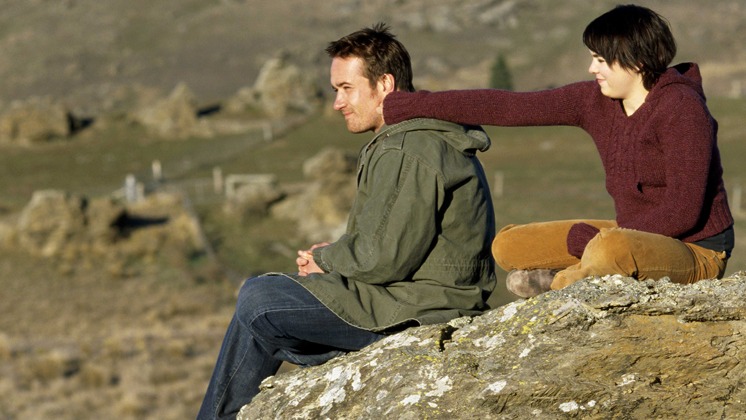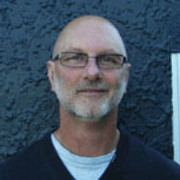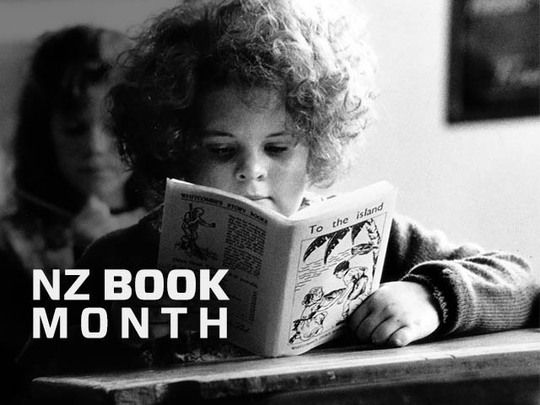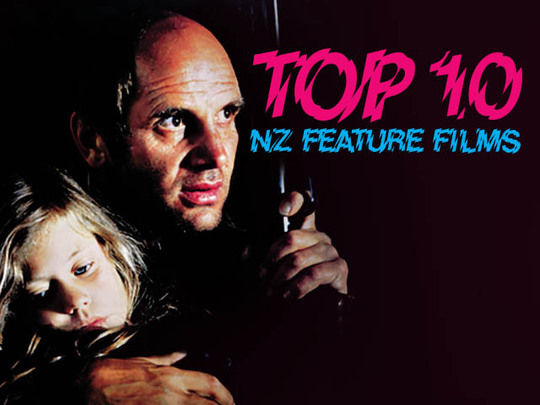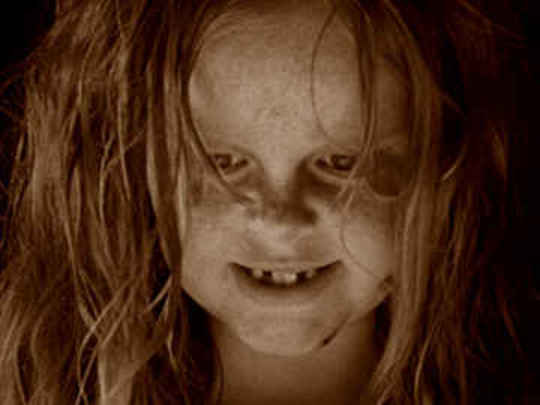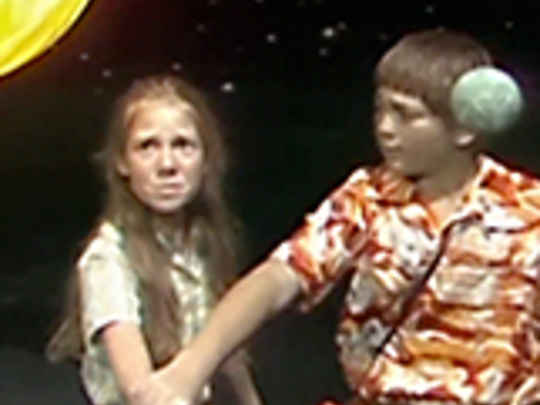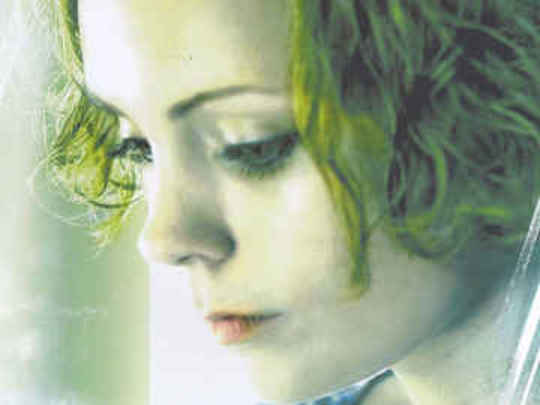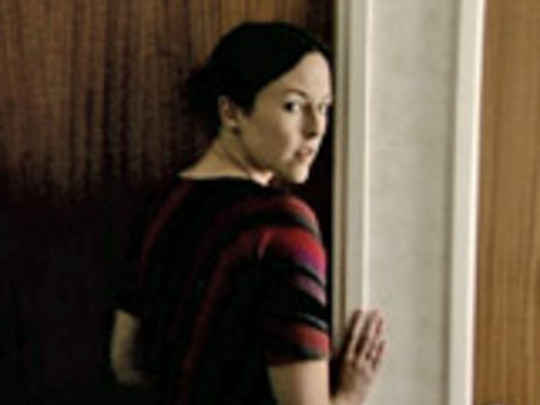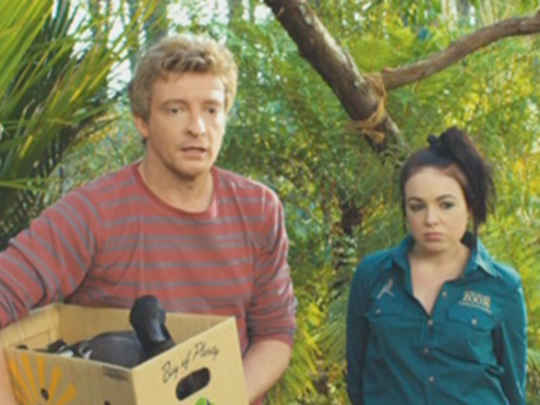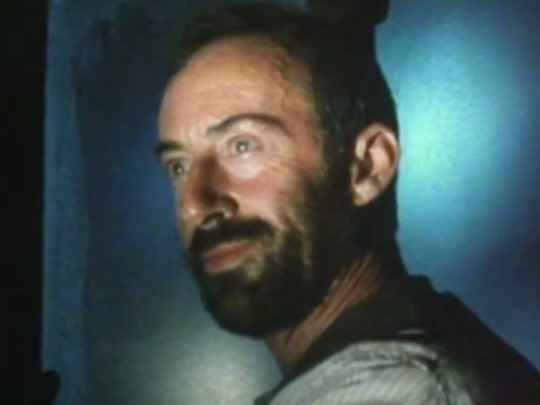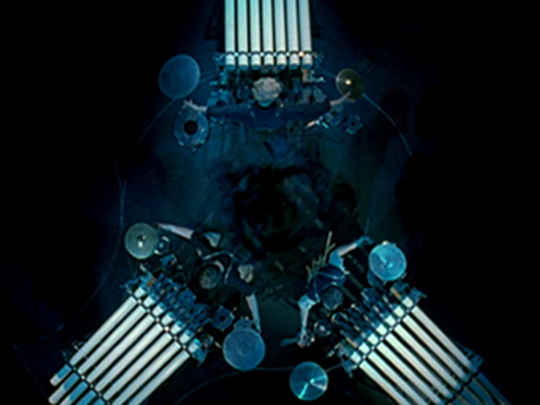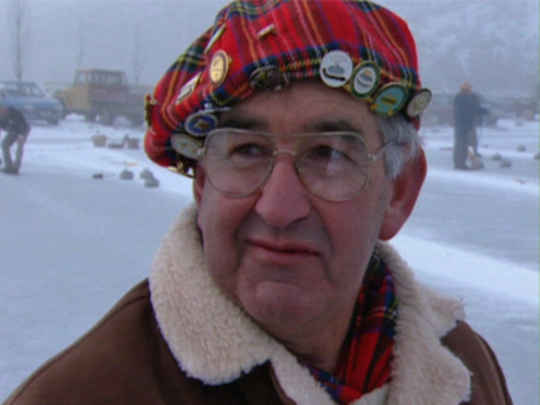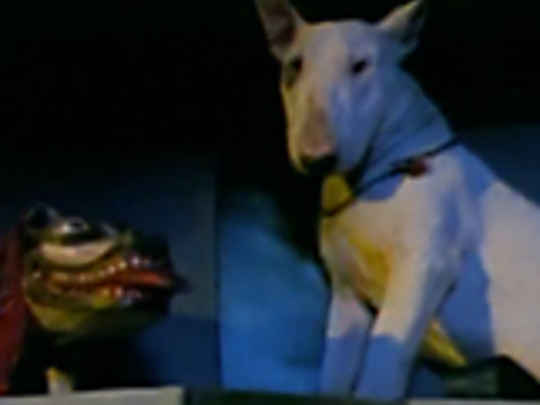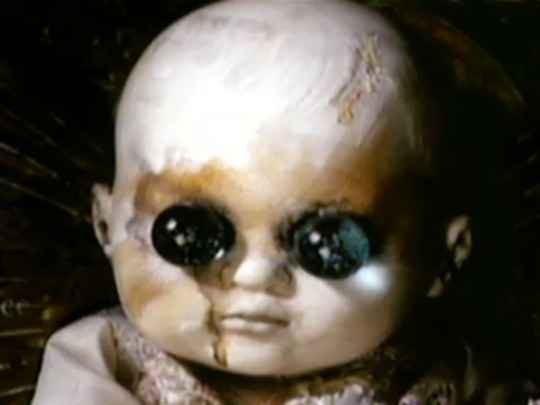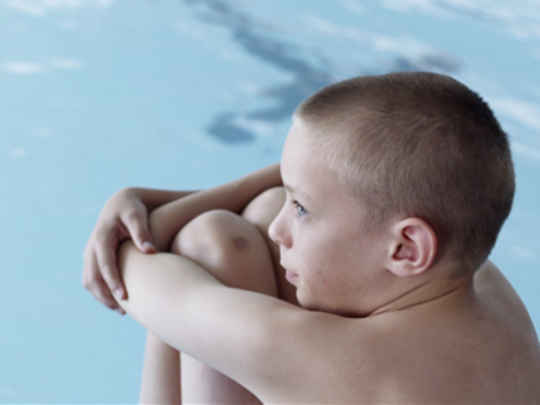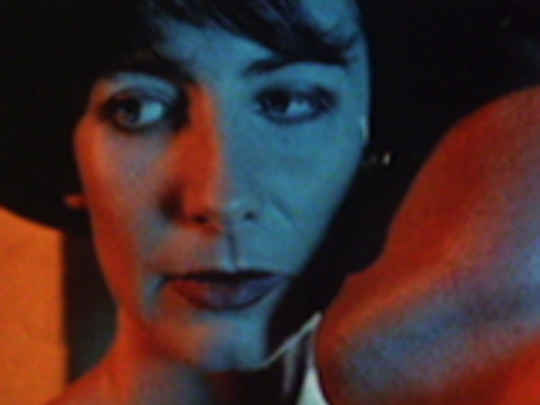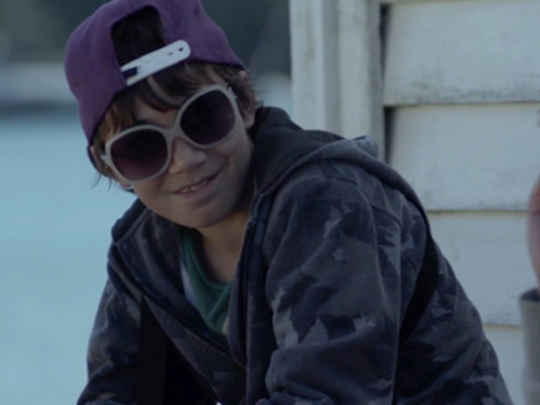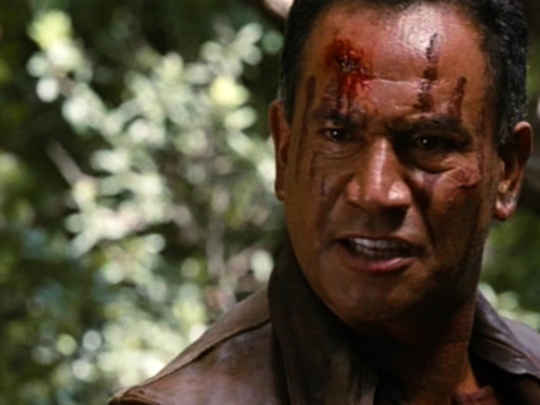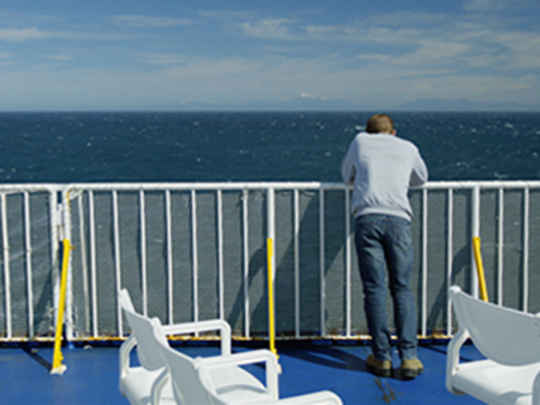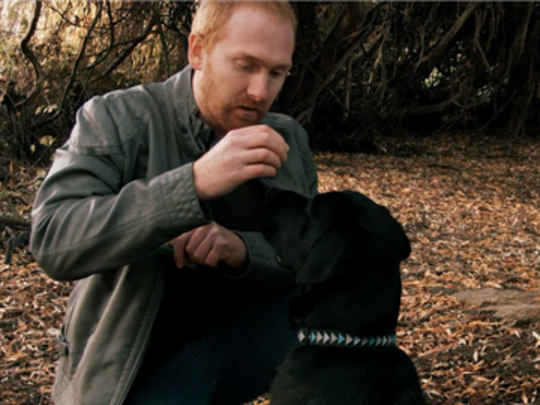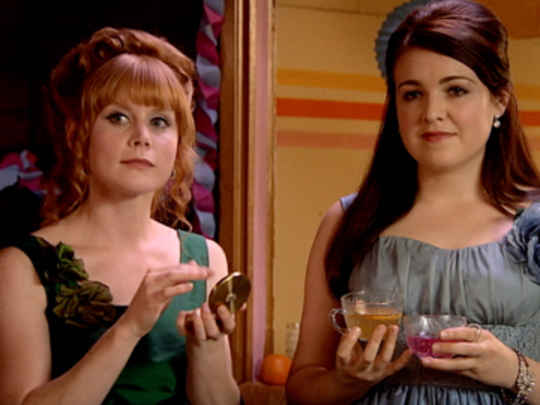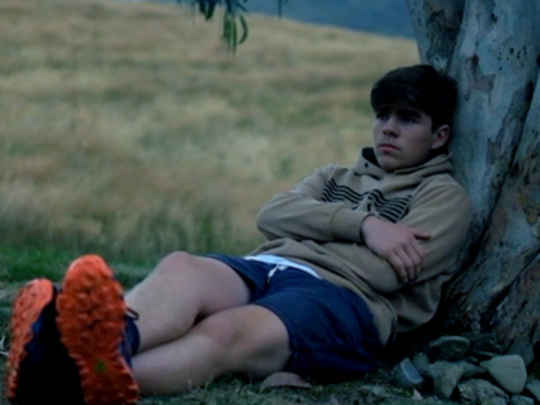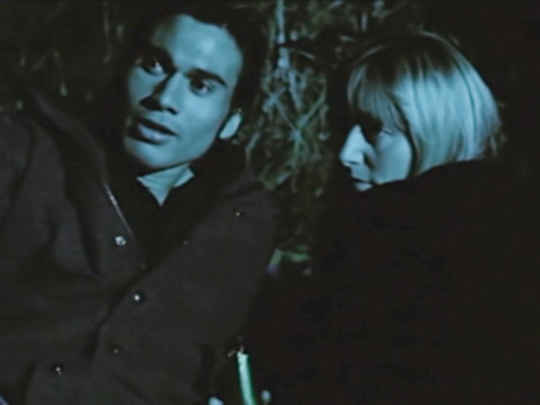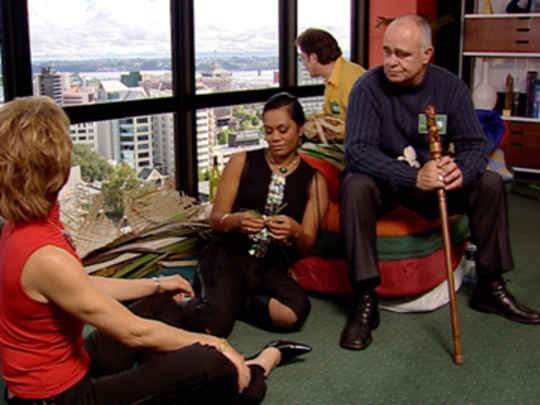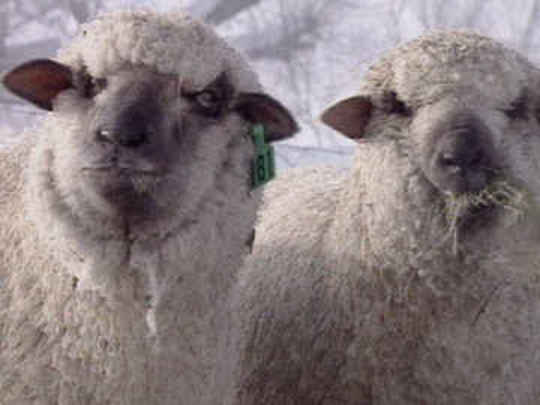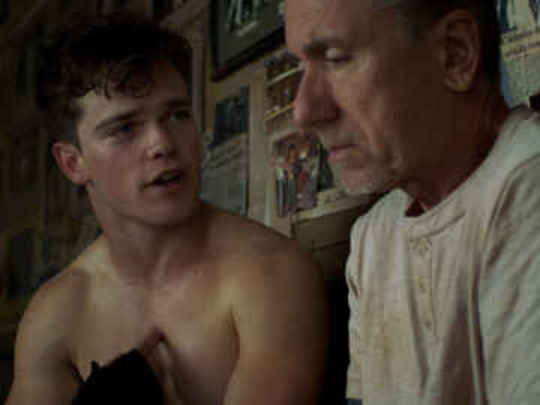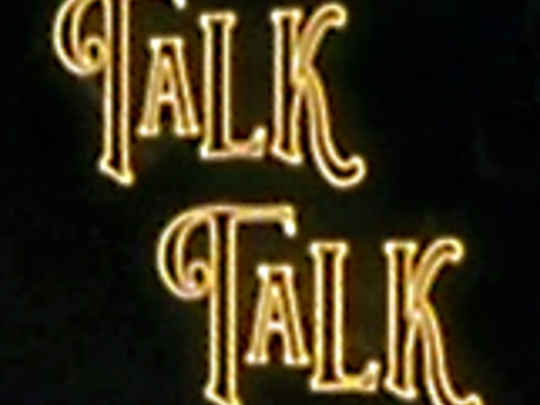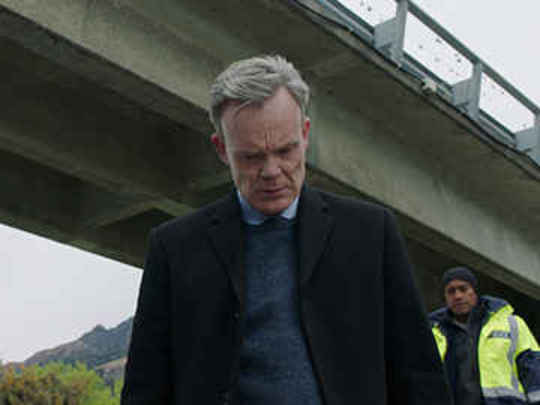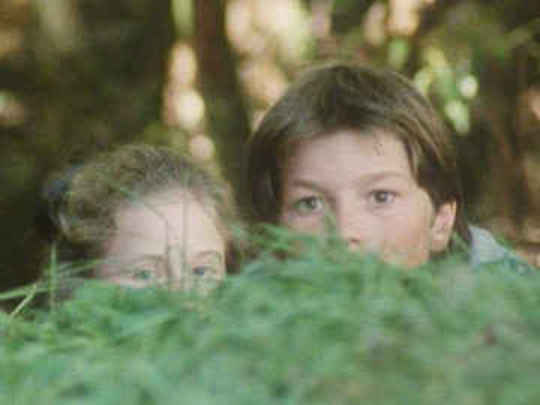In My Father's Den
Film (Trailer, Excerpts, and Extras) – 2004
A perspective
After their collaboration on the short film Possum (1997), producer Trevor Haysom felt Brad McGann had the right sensibility to write a screen adaptation of Maurice Gee's novel In My Father's Den. McGann was initially unsure about whether he could make Gee's story work cinematically. When he decided to take on the project, McGann made some radical departures from the book.
A major shift was to change the setting from a small town on the edge of Auckland to Central Otago. After three years and four drafts the final script was strong enough to attract the interest of a UK/Irish production company, Little Bird, and the film became a New Zealand/UK co-production.
It was the script too that drew acclaimed cinematographer Stuart Dryburgh back from New York to make his first feature in New Zealand since Once Were Warriors, in 1994 (That he was UK-born was also convenient, as the UK/NZ deal required the film be shot by a Brit).
The story includes themes found familiar to many New Zealand films — dark family secrets, small-town claustrophobia, the lure of the outside world, the return of the worldly expat. "It's not so much a whodunit" said McGann, "but a whydunit". The film is as much about tone as plot, eloquently describing a world of emotionally damaged characters isolated from each other in stark landscapes.
McGann's sensitivity for human drama played out against the natural world — swooping falcons, icy rocks clanking against each other — wears its influences (eg. American auteur Terrence Malick) lightly. McGann's Alexandra defies painter Colin McCahon's description of New Zealand as "landscape of too few lovers".
The film's casting is superb, with British actor Matthew Macfadyen entirely convincing as the damaged prodigal son. There was pressure from producers to cast an American girl as Celia, but McGann was adamant that Emily Barclay was the right choice for the role, and despite her lack of experience, she delivers. Her relationship with Macfadyen is an essential ingredient in the film, and their onscreen rapport feels natural and believable.
Dryburgh's cinematography is stunning, conveying a sense of broodiness and claustrophobia within the vast and spacious Central Otago landscape. Dryburgh reported that it was one of the most stimulating filmmaking experiences he had ever had.
Reviews, local and international, were mainly extremely positive. Empire said "director Brad McGann reveals great skill and bravery in the way he brings the story's insular world to life", while New Zealand Herald reviewer Peter Calder called it "the most substantial local film since the early 90s". The Australian reviewer found it simply "one of the best films I have ever seen".
Some reviewers, however, were critical of the ending, finding the sudden transition into melodrama jarred with the rest of the film's restrained tone.
The film was a success at the New Zealand box office making around $1.5 million up to August 2007. The total budget was around NZ$7 million. It picked up 10 New Zealand Screen Awards (including best screenplay and direction), and received the International Critics' Award (FIPRESCI) at the 2004 International Toronto Film Festival.
In a 2004 Onfilm interview McGann remarked, "In My Father's Den has made me aware there's an audience for quiet, personal films that are much more about people and place."
But Brad McGann's first feature was tragically also his last, as he died from cancer in 2007. In My Father's Den shows a formidable talent at work, and we mourn the loss of a filmmaker who would surely have gone on to have an important career.
Sources include
Peter Calder, 'In My Father's Den' (Review) - NZ Herald, 1 October 2004
Nick Dawson, 'In My Father's Den Review' - Empire, 24 June 2005
Nick Grant, 'Reel Authenticity' (Interview with Brad McGann) - Onfilm, September 2004
'Australian Critics Praise New Zealand Movie' (Press Release) - NZ Film Commission, 18 June 2004
